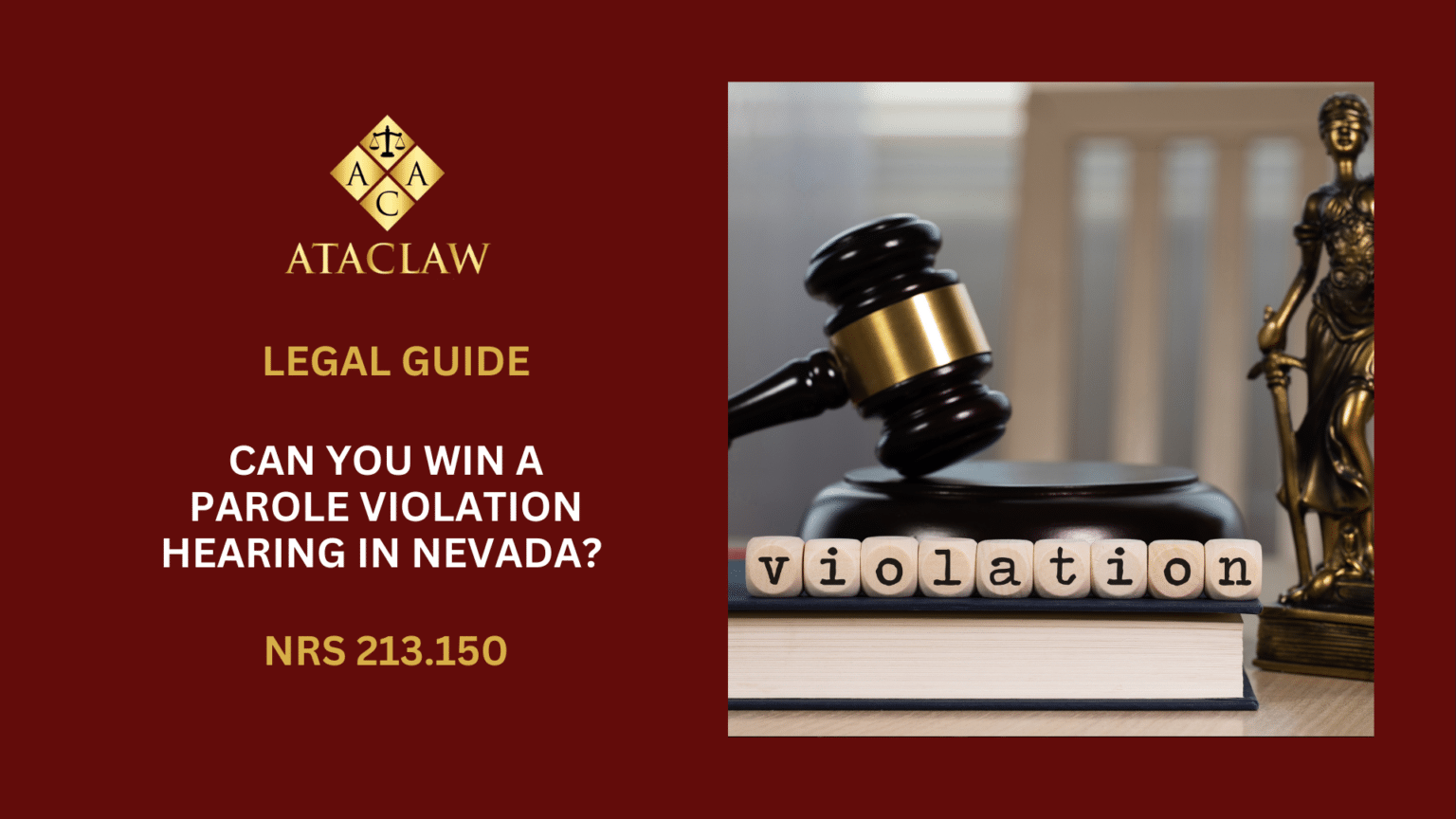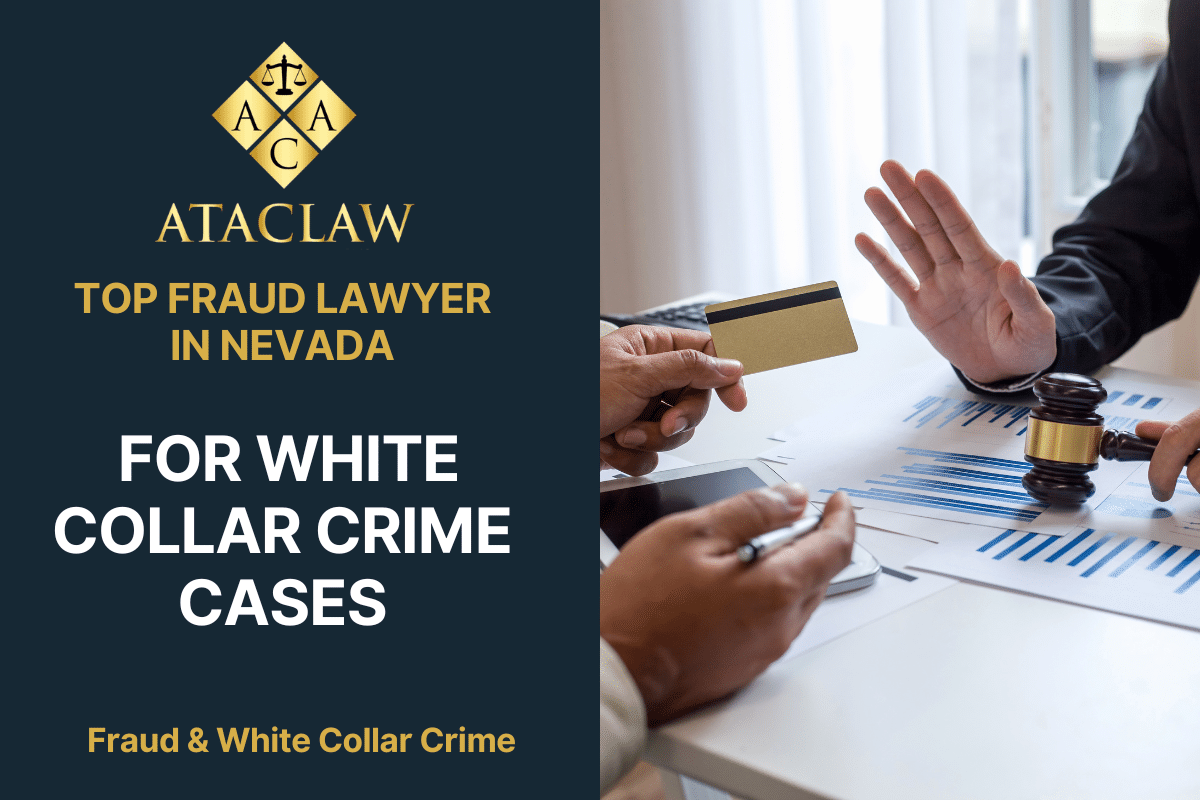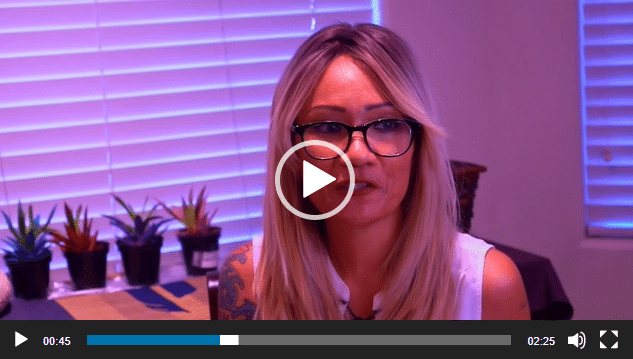Have you or a loved one been caught up in the Nevada parole system? It’s a place no one wants to be, yet understanding the avenues and defenses can make a significant difference. At ATAC Law, we’re here to illuminate the often complex path of Parole Violation Hearings in Nevada. Knowing your rights and options can offer a semblance of hope and strategy in a challenging time.
When someone is granted parole in Nevada, it means they’ve been allowed to serve the remainder of their sentence outside the confines of prison under specified conditions. However, if these conditions are violated, the parolee may find themselves facing a Parole Violation (PV) Hearing. Conducted by the State Board of Parole Commissioners, these hearings determine the future of the parolee’s freedom.
But here lies the question: Can you emerge victorious from such a hearing? Understanding the structure and defenses available in PV hearings might just tip the scales in your favor.
What Happens If You’re Accused of Breaking Parole Rules in Nevada?
When a parolee in Nevada is suspected of not adhering to the conditions set when they were released early from prison, they face what is known as a parole violation (PV) hearing. Essentially a judicial process, this hearing deliberates over whether the individual on parole has indeed broken the stipulated rules. Successful outcomes allow parolees to continue their life on parole, while unfavorable results may lead to their parole being rescinded, resulting in either reimprisonment or stringent residential confinement.
Initiation of Parole Violation Hearings in Nevada
The responsibility of conducting PV hearings lies with the Nevada State Board of Parole Commissioners, an authoritative body led by a chairman and supported by six commissioners. These hearings are rarely overseen by the board in its entirety. More commonly, a subset of the board, usually in the form of a panel composed of either two commissioners or one commissioner alongside a case hearing representative, assumes the mantle of judgment.
Certain circumstances, however, mandate a larger panel. These include cases where the parolee has been indicted for significantly severe crimes such as capital offenses, life sentences, violent or forceful sexual crimes, habitual criminal behavior, or when their sentence has been commuted. For these situations, a minimum of three board members is required to form a hearing panel.
Decisions at a PV hearing are initially made by a majority vote within the panel, which are then brought forward for final approval. Achieving a definitive outcome necessitates the consensus of at least four board members, thereby affirming the decision’s legitimacy and authority.
Facing a parole violation hearing can be a daunting experience, given the weight of what’s at stake. The nuanced procedure and the specific requirements concerning the composition of the hearing panel underline the complexity of the process. With the potential repercussions including a return to confinement, it’s imperative for parolees to have proficient legal support.
What Triggers a Parole Violation Hearing in Nevada?
In Nevada, parole represents a second chance for individuals convicted of crimes to reintegrate into society before completing their full prison sentence. However, this opportunity comes with strict conditions designed to ensure the parolee’s transition is both safe and successful. Failing to comply with these conditions can lead to a parole violation (PV) hearing. But what exactly can trigger such a hearing?
Common Reasons for Parole Violation Hearings
The terms of parole are unique to each individual, reflecting their specific circumstances and rehabilitation needs. Despite this customization, there are common stipulations most parolees are expected to adhere to, any breach of which could result in a PV hearing. These include:
- Respecting a set curfew.
- Avoiding the use of alcohol and drugs.
- Steering clear of specific locations and individuals, particularly victims, their homes, and workplaces.
- Engaging in educational or vocational training programs.
- Participating in counseling or rehabilitation programs.
- Wearing electronic monitoring or SCRAM (Secure Continuous Remote Alcohol Monitor) bracelets.
- Residing in a designated recovery house.
- Submitting to regular alcohol or drug testing.
- Maintaining periodic contact with a parole officer.
- Refraining from committing any additional crimes in Nevada, with the exception of minor traffic violations.
Parole is not an automatic right but a privilege that must be continuously justified through compliance with these conditions. Alleged breaches of these terms can lead to the arrest of the parolee and the potential revocation of their parole status, sometimes permanently.
What Happens if You Violate Parole in Nevada?
When a person on parole is suspected of breaching their parole terms, Nevada’s parole procedure initiates certain steps to address the situation. Here’s an overview of the procedures that follow a parole violation in the state:
- Arrest for Parole Violation
When the Nevada Parole Board is tipped off about a parolee failing to adhere to their conditions, they issue a directive, certified by the Chief Parole and Probation Officer, to arrest the individual. Police officers can arrest a parolee without needing a formal warrant provided they have justifiable evidence or “probable cause” to believe a violation has occurred.- For example: If a parolee named Michael, who is prohibited from consuming alcohol as a term of his parole, is seen drinking at a bar by an officer aware of his restrictions, this officer has sufficient cause to arrest Michael right then and there without a warrant.
- The arresting officer must then report the incident to the Board, outlining the parolee’s transgressions.
- Determining Probable Cause
Following an arrest for a potential parole breach, the accused individual goes to jail or is confined at home. An inquiry to verify probable cause must take place without the necessity of a judge. However, there are strict guidelines for the official conducting the inquiry: they must not be personally involved in the case, should not have reported the violation, nor advocated for the parole’s revocation.- The inquiry should be conducted close to the breach location within 15 business days post-arrest, unless the individual is a fugitive. Parolees are given notice of their hearings, allowed legal representation, can testify, and present evidence.
- Should the finding conclude a probable cause exists, the parolee might face jail or strict home confinement. If not, they’re released immediately. However, if the parolee has been convicted of another offense while on parole, this may automatically be deemed probable cause, forgoing the inquiry.
- The Parole Violation Hearing
If the initial inquiry rules against the parolee, the Parole Board then arranges a full parole violation (PV) hearing. This hearing shares similarities with criminal trials in Nevada, where both sides present their case. Parolees, especially those unable to hire an attorney, are assigned public defenders from local defense offices like ATAC LAW.- In PV hearings, the burden of proof for the state is “substantial evidence” of violation, not “beyond a reasonable doubt.” The final ruling isn’t made by a jury but by a board panel.
- Potential Outcomes of the PV Hearing
Upon determining no violation occurred, the parolee is freed and their status reverts to its original state. A violation finding could mean parole revocation and the parolee returning to prison to complete their sentence, losing the chance for parole and accrued credits for good behavior. Some may continue parole but under more rigorous home confinement. - When and Where PV Hearings Take Place
PV hearings are typically scheduled within 60 days of the parolee’s return to custody or following the resolution of a new criminal charge. The Board often conducts these hearings in state correctional facilities, mostly on Tuesdays with specific days allocated for female inmates.
Open to the public, these hearings, however, do not allow public participation and can be restricted for confidentiality compliance.
Each outlined step in Nevada’s parole violation process ensures the rights of parolees while maintaining public safety and justice. If you or someone you know is facing such proceedings, seeking guidance from established legal practices like ATAC LAW can be beneficial.
How Can You Successfully Defend Against Parole Violation Accusations in Nevada?
Defending against parole violation (PV) accusations in Nevada requires a strategic approach similar to defending against criminal charges, although with some distinctions. Here are some common defenses used in such hearings:
- False Accusations: Sometimes, individuals may wrongly accuse parolees of violations out of spite or to cause trouble. Demonstrating the inaccuracy of these claims is crucial. For instance, consider the case where an ex-spouse falsely accuses a parolee of assault to influence a custody dispute. With the help of competent legal representation like that provided by ATAC LAW, evidence such as witness testimony and expert opinions can be gathered to discredit the false claims, leading to the reinstatement of parole.
- Misidentification: Errors can occur when law enforcement misidentifies a parolee as having violated their parole conditions. For example, a parole officer might mistakenly accuse a parolee of breaking curfew due to a case of mistaken identity. Defense attorneys can utilize evidence such as surveillance footage and alibis to clarify these misunderstandings, potentially avoiding a formal hearing altogether.
- Non-Violations: There are instances where actions taken by a parolee are mistakenly interpreted as violations. For example, a parolee could be wrongly accused of visiting a prohibited location when in fact the restricted individual had moved. Legal representatives can work to clarify these misunderstandings with the parole board or the police, proving that no violation occurred.
Unlike in criminal trials where the burden of proof is “beyond a reasonable doubt,” parole violation hearings require only “substantial evidence” of a violation. Therefore, evidence preservation and proactive defense are vital. Evidence such as text messages, emails, or video recordings can be critical in disproving false accusations or clarifying situations.
In each of these scenarios, having the right legal team, like ATAC LAW, is essential in navigating the complexities of parole violation hearings and ensuring a fair process for the accused parolee.
For further legal assistance and to discuss your case with an expert, don’t hesitate to contact ATAC LAW.




